Douglas Herman, 63, has worked in the Alaska commercial fishing industry for 30 years and looks forward to 30 more, God willing. The following article is a republication of his written work for the National Fisherman magazine. The points he discusses are not limited to the commercial fishing industry. They are the same for the sportfishing industry, both open party and private charters.
“Many top skippers – I’ve worked with a dozen in the past 30 years – are hard-working professionals in a tough industry. The others? Screamers, whiners, druggies, alkies or a deadly brew of all traits. And yet, what makes some skippers sociopaths and others big brothers?
JP works on Kodiak Island. Golden boy, seiner, surfer, tennis champ with the trophies to prove it, family man, and a vegetarian with energy to burn. Fun guy to work with, and I was fortunate to do so for several years. He was diplomatic rather than dictatorial, with crew retention rather than rotation. The worst go through crew like the Kardashians go through boyfriends. Beware the boat that has NO crew coming back. There is a very good reason why.
I worked on a boat like that recently. Let’s call it the Lonestar Gunnman and the skipper Slim. Seven deckhands served time one summer on the Lonestar when three is normal. The only crewman who stuck it out to the end earned $45K. I asked him if he was coming back the following year and he said NO.
Slim was a good fisherman but shackled by twin anchors: drugs and alcohol. One drove him to highly energetic hissy fits and the other to self-pity and crew criticism. He told me many times, as I leapt over the seine stack or yarded on a line, how old and slow I was. But when I quit, he begged me to return, saying I did the work of a guy half my age.
I told him he needed a younger version of himself rather than an older version of me. I like Slim, but one day the shackles binding him will probably drag him down. I hope the boat and crew survive.
The only skipper I would have hesitated tossing a line, if he fell overboard, went through crew like Cookie Monster goes through cookies. Leaving only crumbs while acting like a crumb, himself. One crewman quit in the Naknek boatyard before the season began. Wise move.
Skipper Dick Creed (not his real name) had NO returning crewmen, but I was desperate for a boat and he seemed like a decent guy. But then many troublemakers seem decent in the beginning.
Our second crewman quit on the morning of our best day. Would’t even come out of the galley to help pick 12,000 pounds of red salmon. “We need another guy,” I said to Creed that after noon. “We can do this together,” he said. “I’ll giver you a few extra percent,” he said. With the sudden departure of two crewmen, Creed would save 20 percent. I agreed with some misgivings but got nothing in writing. Big mistake; bigger misgivings.
A week later one engine went out. The RSW engine, kaput. Now I became ice man, too.
But we caught fish and, as I labored, I wondered what my crew percentage raise would be 3 percent? Five? Creed never said. Instead, after drinking and smoking, he blasted away at seals with his rifle. At such times I wished fish cops would suddenly appear. Sometimes he shot over setnets. I wondered if he knew that bullets ricochet on water but just didn’t give a damn if he hit someone.
Slowly the season ended. We landed 125,000 pounds of sockeye at 90 cents per pound. Boat grossed more than a hundred grand. Creed handed me a check for $7,700 at the processor’s dock and basically told me I sucked as a crewman. Then he went off to church nearby.
Good skipper, bad skipper. The little things tell the difference: integrity, honesty, professionalism, minor details like these. Sometimes the skippers most respected by their peers are despised by crewmen. Like Dick Creed.
Sometimes the toughest skippers jump into the fray unafraid. Like Vito Kalcic of Kodiak, skipper of the salmon seiner, Kilokak. In 2008, when a couple of crewmen were being stabbed by a third during an argument in the galley, Vito, 65, jumped down from the flying bridge, pulled the knife-wielding crewman off at great personal risk and called the Coast Guard. The wounded crewmen survived.
Good skippers do things differently. They treat crew decently and professionally, and expect the same in return, even if it means some great personal sacrifice.”

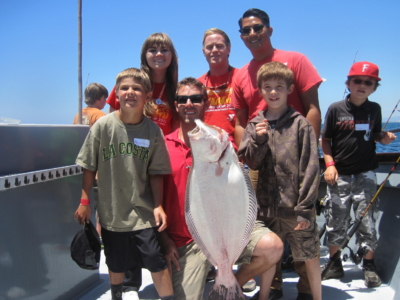
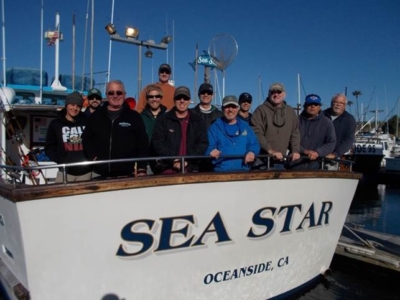
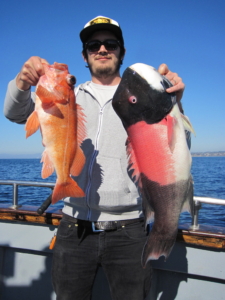
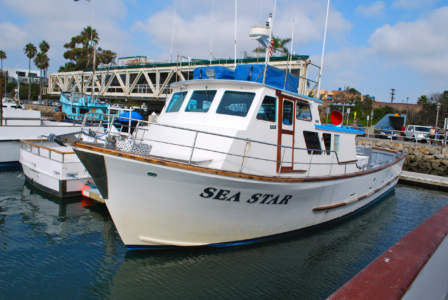
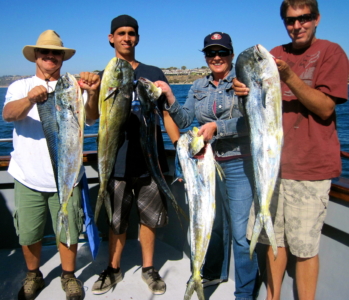
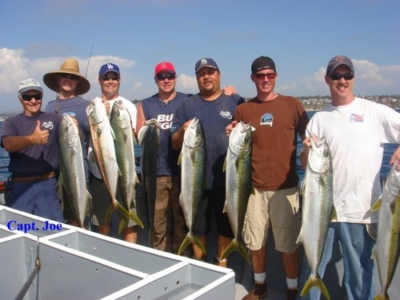
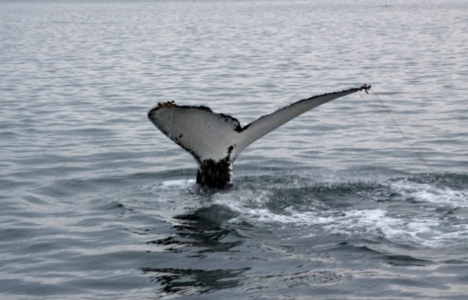
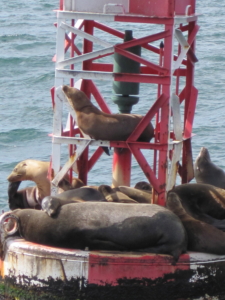
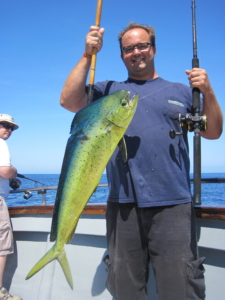
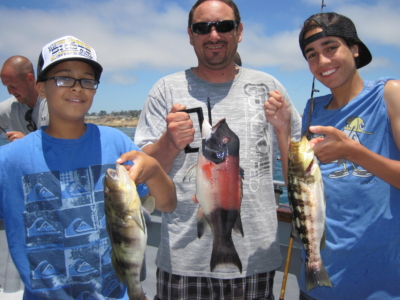
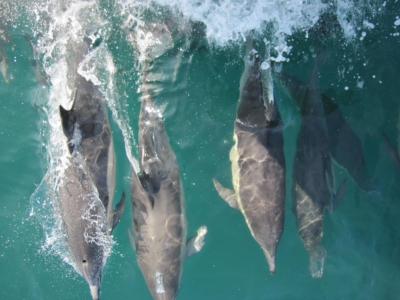
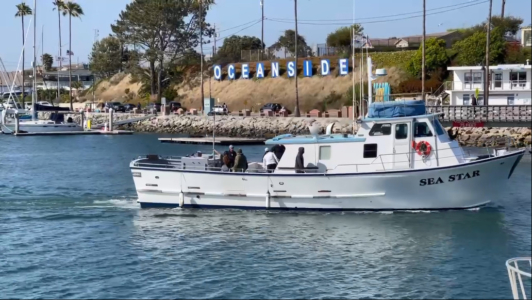
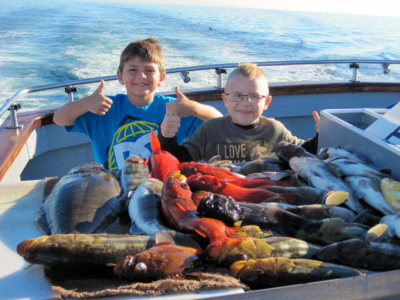
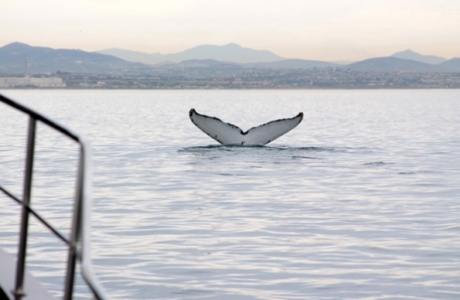
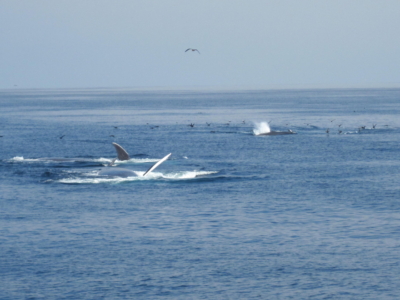





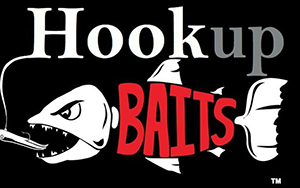
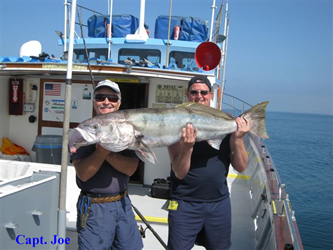
Recent Comments